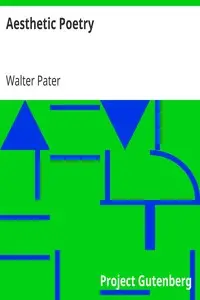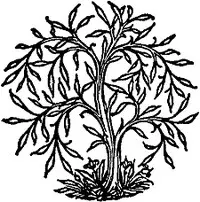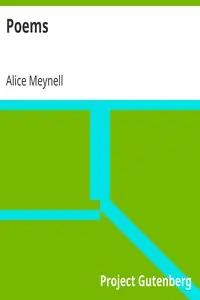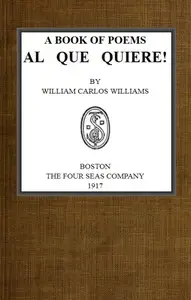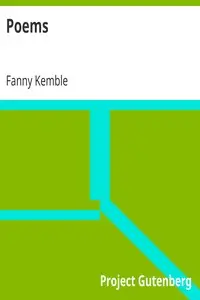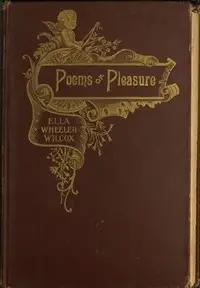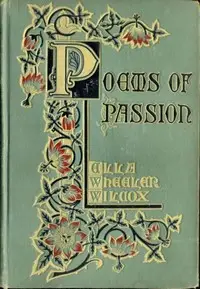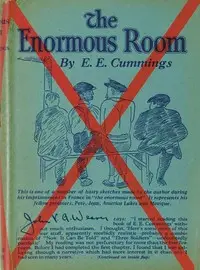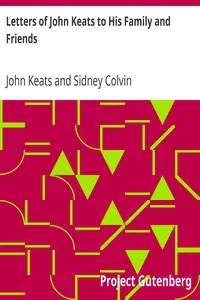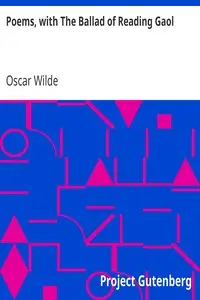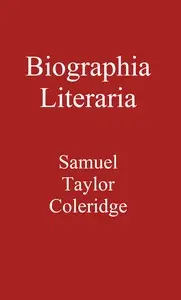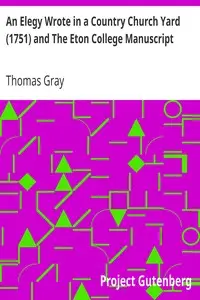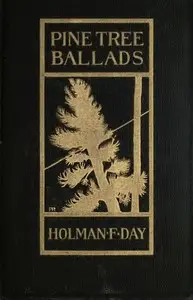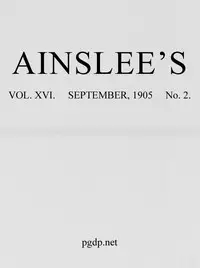"Puella Mea" by E. E. Cummings is a compilation of expressive poems from the early 1900s that highlights themes of beauty, love, and respect by showcasing adoration for a loved one in a classic romantic style. Cummings uses his unique avant-garde techniques, using odd language and form, to produce great emotional responses. The poem centers on the speaker's deep admiration for a muse, whom he sees as more beautiful than the famous women of history and myth. Through descriptive imagery and delicate comparisons, Cummings shows the speaker's feelings, celebrating the short-lived, enchanting parts of love represented by the woman. The speaker compares his muse with historical figures, emphasizing her unique appeal while showing the fleeting nature of beauty and life. Through its rich language and evocative verses, "Puella Mea" captures the importance of appreciating love that goes beyond time and space, joining descriptive imagery with a sense of longing and respect.
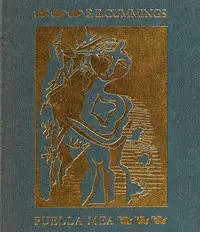
Puella mea
By E. E. (Edward Estlin) Cummings
Experience profound admiration as a speaker elevates his beloved muse above legendary figures, employing avant-garde language to capture love's fleeting beauty and timeless allure.
Summary
About the AuthorEdward Estlin Cummings, commonly known as e e cummings or E. E. Cummings, was an American poet, painter, essayist, author, and playwright. During World War I, he worked as an ambulance driver and was imprisoned in an internment camp, which provided the basis for his novel The Enormous Room in 1922. The following year he published his first collection of poetry, Tulips and Chimneys, which showed his early experiments with grammar and typography. He wrote four plays; HIM (1927) and Santa Claus: A Morality (1946) were most successful. He wrote EIMI (1933), a travelog of the Soviet Union, and delivered the Charles Eliot Norton Lectures in poetry, published as i—six nonlectures (1953). Fairy Tales (1965), a collection of short stories, was published posthumously.
Edward Estlin Cummings, commonly known as e e cummings or E. E. Cummings, was an American poet, painter, essayist, author, and playwright. During World War I, he worked as an ambulance driver and was imprisoned in an internment camp, which provided the basis for his novel The Enormous Room in 1922. The following year he published his first collection of poetry, Tulips and Chimneys, which showed his early experiments with grammar and typography. He wrote four plays; HIM (1927) and Santa Claus: A Morality (1946) were most successful. He wrote EIMI (1933), a travelog of the Soviet Union, and delivered the Charles Eliot Norton Lectures in poetry, published as i—six nonlectures (1953). Fairy Tales (1965), a collection of short stories, was published posthumously.

